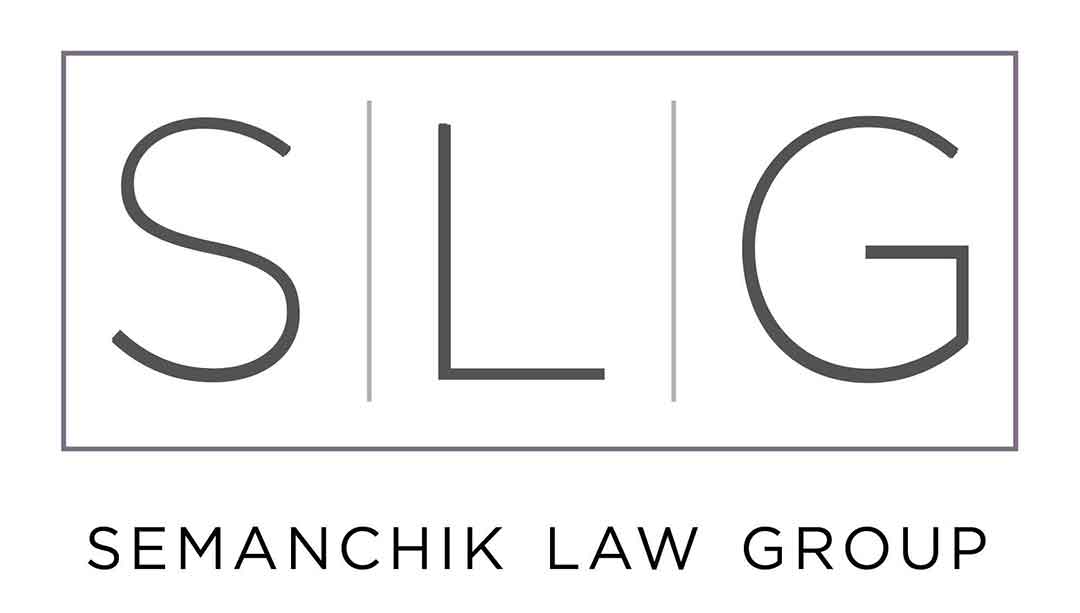Nonprofits, Charities & Private Foundations
Are you thinking about starting a nonprofit of private foundation? Are you on the board of a charity or nonprofit that could use some help?
We believe that that in order to thrive a nonprofit must have three key ingrediants:
1) Funding
2) Passionate Volunteers
3) Affordable Experts
At SLG we can assist with forming your nonprofit and obtaining 501(c)(3) tax exempt status so that you can focus on serving your charitable, educational, religious or scientific mission.
SLG represents nonprofit organizations including public charities and private foundations. SLG’s nonprofit clients include museums, churches, animal rescue organizations, sports leagues, business leagues and social clubs.
The legal and tax considerations facing nonprofits are unlike that of for profit businesses. It is important to find an attorney that understands the intricacies of nonprofit law. For those who want to start a nonprofit public charity or private foundation, Semanchik Law Group assists with the formation and 501(c)(3) exemption process
Find an Attorney that Understands Nonprofit Law

(619) 535-1811

How to Form a Nonprofit
In order to form a nonprofit in California you must decide which type of entity to form. In California, there are many different choices when deciding to form a nonprofit.
The first choice that should be made is what type of entity you want your nonprofit to be.
Public Benefit Corporation
This is the most common entity type for nonprofit that want to obtain 501(c)(3) tax exempt status. In California, your purpose must either be either charitable or public.
Mutual Benefit Corporation
This entity type is more common for nonprofits that want to benefit not only the public but also its members. This is a common entity type for professional organizations.
Nonprofit Religious Corporation
For nonprofits that have a religious purpose, this entity choice might be a perfect fit. You don’t need to be a qualified church to be a nonprofit religious corporation. Nonprofit Religious Corporations do not need to register with the Attorney General.
After filing the Articles with the California Secretary of State, a nonprofit must adopt bylaws and elect a board of directors and officers.
How to Obtain 501(c)(3) Status
Nonprofits are not automatically exempt from income tax and must first apply through form 1023 or 1023EZ to be exempt under Section 501(c)(3) of the Internal Revenue Code.
The Form 1023 is an extremely fact intensive application that requires a nonprofit to fill out a detailed IRS form, provide a narrative description of its programs and activities, provide a three year projected budget and a copy of the nonprofit’s governing documents. The IRS typically takes anywhere from 3-6 months to approve a 1023 application. Thankfully, for nonprofits that apply within 27 months of formation, the IRS will grant the nonprofit tax exempt status going back to the date of formation (the date the Articles of Incorporation were filed with the Secretary of State).
Once the IRS approves your 501(c)(3) status by granting a Determination Letter, the nonprofit will be exempt from income tax on a federal level and all donations will be tax deductible for the donors of the nonprofit.

California Franchise Tax Board
Along with obtaining tax exemption on a federal level, nonprofits in California must also obtain tax exempt status on a state level through form 3500 or 3500A with the Franchise Tax Board.
This important step is often overlooked and is cruicial to avoiding the $800 annual minimum franchise tax fee.
California Attorney General
Nonprofits in California are required to register with the California Attorney General Registry of Charitable Trusts.
Each year, form RRF-1 will need to be filed to keep the California Attorney General apprised of the nonprofit’s activities and ensure that the charitable assets of the nonprofit are protected.
What is the Difference Between a Private Foundation and Public Charity?
When the IRS issues a determination letter under Section 501(C)(3) of the Internal Revenue Code, it will either classify the nonprofit as a Public Charity or Private Foundation. The deduction limits are different for Private Foundations and Public Charities. Additionally, Private Foundations are not required to meet the public support test and as a result typically are funded from a single source such as a family.

Nonprofit General Counsel
Once a nonprofit is formed and obtained tax exempt status, it may still require the assistance of an experienced nonprofit attorney. SLG is experienced in nonprofit law and can assist with matters such as:
- Bylaw Review
- Drafting of Governance Policies including:
- Whistleblower Policies, Document Retention and Destruction Policies, Procurement Policies, Gift Acceptance Policies, Reimbursement Policies and Conflict of Interest and
- Contract Drafting and Review
- Tax Planning and Analysis including Unrelated Business Income Tax and Excise Tax
- Asset Purchase Agreements
- Annual Compliance including Tax Preparation and Annual Filings with the Secretary of State and Attorney General
- Joint Ventures
- Group Exemptions and Chapter Affiliations
- Asset Purchase Agreements and Mergers
- Nonprofit Dissolutions
- Property Tax Welfare Exemption Applications
- Trademark Applications
- Retroactive Reinstatement
SLG Understands Nonprofits
If you are thinking about starting a nonprofit organization, it is important to speak to an expert lawyer that works with nonprofits. From the beginning, Semanchik Law Group will help you form your nonprofit. We will help you identify the correct entity, keeping in mind the various entity types and tax exemptions available. Once your nonprofit is formed, we will help your charity get 501(c)(3) status from the IRS as quickly as possible. We will ensure that you are in compliance with a by all government agencies, so you can start having an impact in your community.
Semanchik Law Group can help you navigate the nonprofit formation and exemption process for a reasonable flat fee.
Reach out today for a free 20-minute consultation, or read about other important aspects of nonprofit law below and get in touch when you are ready.
Nonprofit Formation
We’ll form your nonprofit so you can start having an impact.
Tax Exemption
Let us ensure your tax exemption status.
Nonprofit Governance
We’ll help you manage your nonprofit.
Nonprofit Compliance
Ensure your nonprofit is in compliance.




